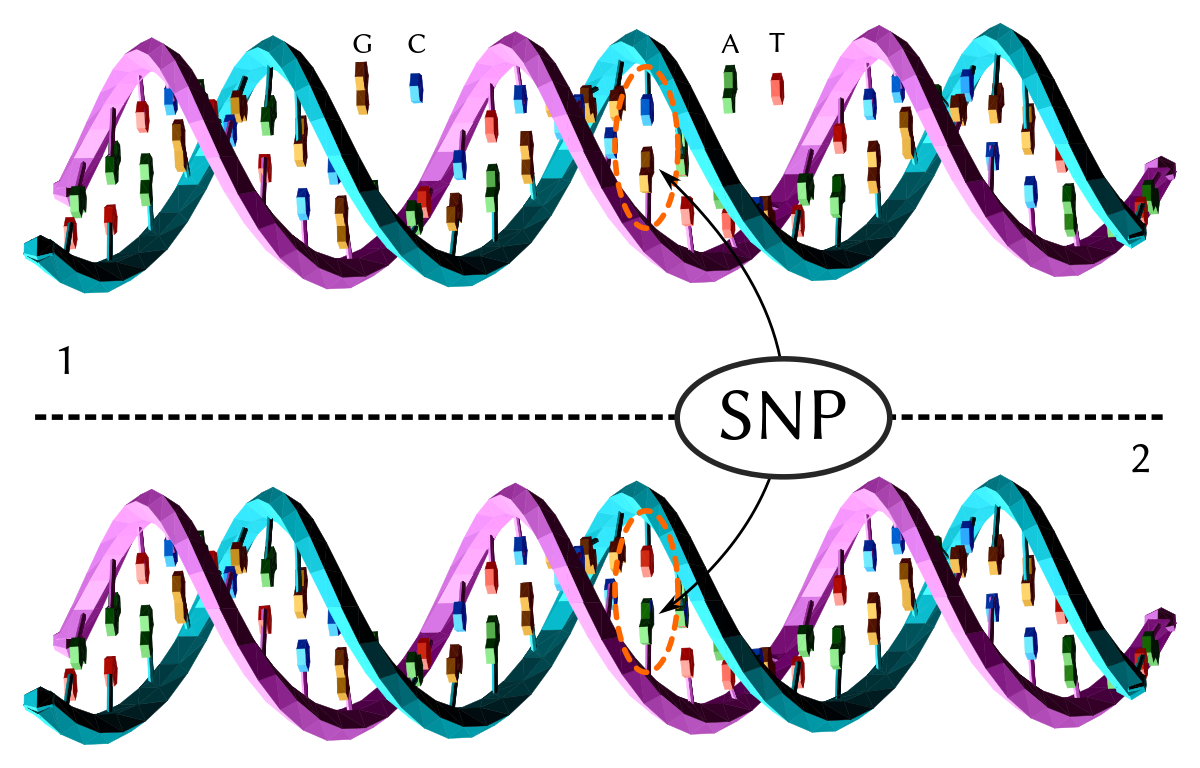Single nucleotide polymorphisms, abbreviated as SNPs, are the most common type of genetic variations among people. Each SNP represents a difference in a single DNA building block, called a nucleotide. It is a variation in a single nucleotide that occurs at a specific position in the genome, where each variation is present to some appreciable degree within a population. It occurrs when a single nucleotide adenine (A), thymine (T), cytosine (C), or guanine (G) in the genome (or other shared sequence) differs between members of a species or paired chromosomes in an individual. SNPs in humans can affect how humans develop diseases and respond to pathogens, chemicals, medication, vaccines, and other agents.

Journal of Genetics and DNA Research received 3 citations as per Google Scholar report